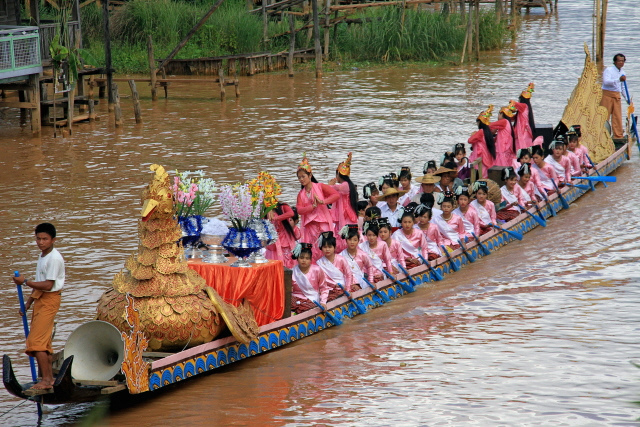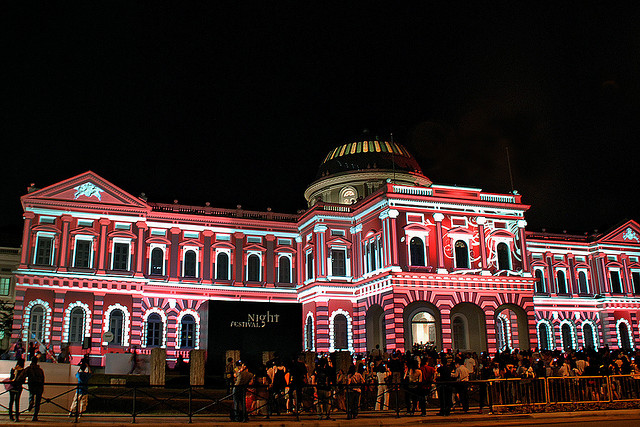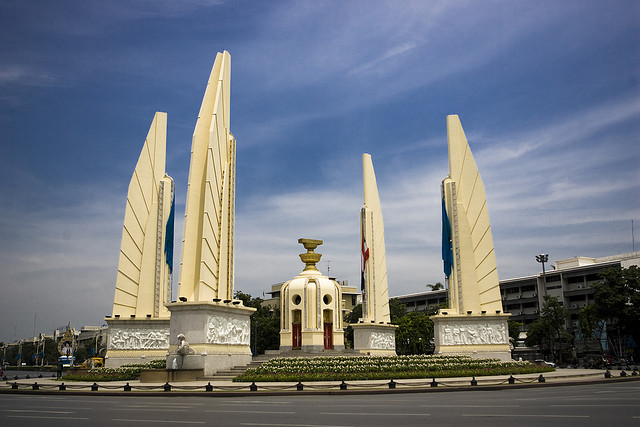When is bashing your neighbor a good way to start the year?
Unless you are from south Zanzibar, then you probably would end up in jail hitting someone hard with a banana stalk as an expression of taking out grudges and starting the year on a clean slate. Americans are familiar with the concept of spring cleaning, but government sanctioned “violence” is certainly not part of it.
Every year, around the third week of July, the people of Makunduchi in southeastern Zanzibar exorcise all evil spirits and carry on their age-old tradition of ritualized aggression to celebrate the end of the old growing season and the beginning of spring. The date coincides with “Nairuz” or the Persian New Year, although the event itself predates the arrival of Shirazi immigrants who were the first foreign settlers in this part of Africa.
Mwaka Kogwa 2013 will take place from July 15 until July 21.
It All Starts With a (Mock) Fight
Seeing out the old year and welcoming the new starts with a feast and ends with a gift, or in whatever sequence feels comfortable to households following the western way of celebrating New Year. In Makunduchi, where Mwaka Kogwa is elaborately celebrated in full color and enthusiasm, the first day of Nairuz starts with taking out emotional trash and dumping it to the neighbor.
At 11AM on the first day of Mwaka Kogwa, two brothers from the south of Makunduchi challenge two brothers from the north in a central wide open space called Kae Kuu. There are no set rules that govern the mock fight and certainly there is no referee to stop a below-the-belt hit.
The representatives of both ends of the town are eventually joined by their brethren and supporters, and then the ritual becomes a free-for-all, out and out brawl, except that no one really gets injured. The banana stalks split upon contact, and when a participant has had enough of beating and being beaten, or couldn’t find an unscathed “weapon” in sight, he can just raise his hands and surrender. (In the past, real sticks and cudgels, the ones that really, hurt, were used.)
Life, Love and Titillating Taunts by the Women of Makunduchi
While the men are testosterone-fuelled in the thick of the action, the women, dressed in their best, sing songs of love and village life. The songs are in Swahili, and are often sexually nuanced as they are directed to men. One example would be “buy me a pair of khanga (traditional piece of cloth) and you can make love to me.” Of course, the titillating context of the song is lost in translation.
To which the men, with their “weapons” held over their heads, would reply to in unison, “We don’t want you anymore. We like town women better whom we can get wherever we go” or something to that effect (again, the provocative context of the reply is lost in translation). This sultry exchange of taunts has only recently started, but certainly adds a spicier dimension to an otherwise one-sided verbal fight.
A Hut, A Priest and A Fire
When everyone has had their chance to air out their grievances or are physically exhausted, another ritual commences. The people would build a thatched hut on the eastern side of the Kae Kuu, and then a local priest would enter the hut and burn it. While the hut is ablaze, he would escape the structure unscathed and hide in a bush. He would then come out to divine the coming year’s fortunes depending on the direction of the smoke. Then the community would extinguish the flames by throwing earth and stone on the blazing hut. The Makunduchi believe that all evil spirits that might cause harm using this element would not claim a life with it.
A Banquet and Public Dance
A feast is held later in the day when the rituals have been performed. The Makunduchi share a banquet not only among themselves but most especially with every guest who may have strayed in their village during the celebrations. Travelers who may only be passing through the village are morally mandated to participate in this banquet because the villagers believe that a household with no guest is going to be unhappy in the coming year.
At night, the Makunduchi villagers put on their finest clothes and rejoin everyone in a “koba” for a traditional public dance.
Watch how “the year is washed” (Mwaka Kogwa’s literal meaning) by the people of Makunduchi.
By settling scores of the previous year and channeling pent-up emotions and fantasies in a friendly banana-stalk fight, the Swahili start the Shiraz (Persian New Year) on a clean slate.





